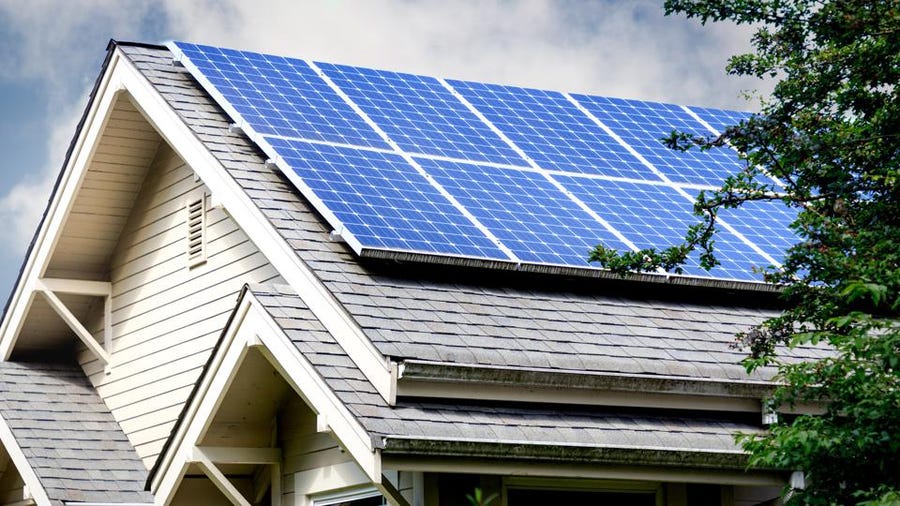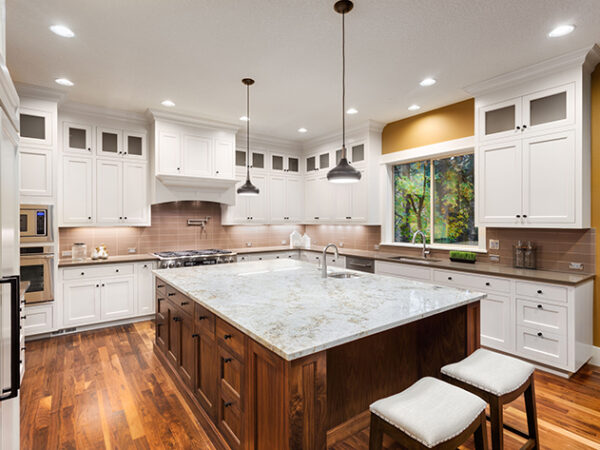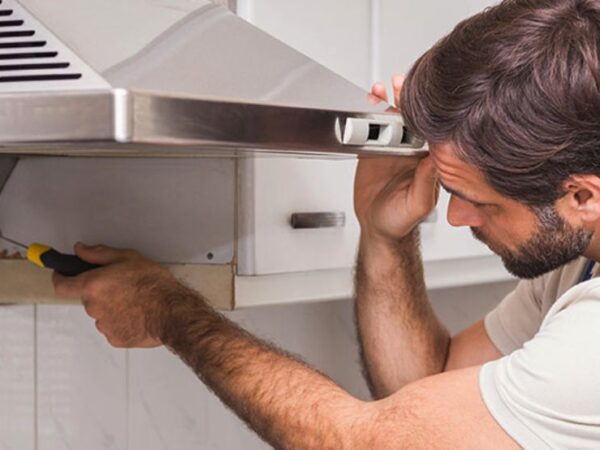Solar panels can be a reliable source of alternative energy for the home. All that is required is an initial investment for long-term benefits.
While they are a significant initial investment, using solar panels to supplement your home’s grid electricity can save you a lot of money and ease the strain on the environment. With the advancement of solar panel technology, it has never been easier to incorporate solar energy into your home.
Solar Panels
Solar electricity is generated using photovoltaic panels (commonly called PV panels). Solar panels harvest the abundant amounts of energy radiating from the sun that is going unused. When the sunlight bounces off the surface of these panels, energy is released and absorbed through the solar cells in the panels to create electricity.
Modern panels are easy to set up, and the only requirement for the installation of a solar panel system is a space with adequate sunlight. As such, most panels are installed on south-facing roofs to capture the most sunlight.
Start Small
While it may seem daunting at first, adding solar power to a home doesn’t have to be a big construction project. The best thing about solar power is that you can start small with a few panels and add to the system as you feel become more comfortable with it. A £200 home kit can power a small appliance and save some money on your electric bill. Most home kits are fully compatible with the existing wiring in the house, so installation is more straightforward than other alternative energy forms.
Besides, there are a host of smaller solar powered gadgets that are self-contained. Solar powered lights are widely available from hardware and household goods stores for less than £20. They’re usable straight out of the package often require no other installation than sticking them in the ground. Solar powered pool heaters are also an excellent investment as they’re relatively inexpensive compared to traditional pool heaters and can pay for themselves within a few months.
Charge Your EV
If you have switched to an electric car, you can save further money by charging your car with solar, according to EV charging expert Jack Johnston from Tarven Limited. A solar installation will recharge an EV just as it will provide energy for the rest of your appliances. Even a small solar panel set up with only ten solar panels can supply enough power to charge your vehicle’s battery.
Costs and Savings
Large-scale solar power systems are becoming cheaper and cheaper to install in homes. Professionally installed systems run about £6-10 per watt. To completely power a house with solar energy would require a £20,000 – £30,000 system. While this is a lot for an initial investment, going entirely off the grid would recoup this in savings off the electric bill within 12-20 years. As modern solar systems have a life span of 25+ years, this is a significant long-term investment for those that have the resources to install one.
Many countries also offer tax incentives and subsidies that can knock thousands of pounds off installing a new solar power system. Check out Green Match for more information and requirements.
For those fortunate enough to live in a sunny climate, installing a solar power system in the home will benefit the wallet and help reduce their carbon footprint. Going solar cuts the need for electricity generated from burning non-renewable fossil fuels.





